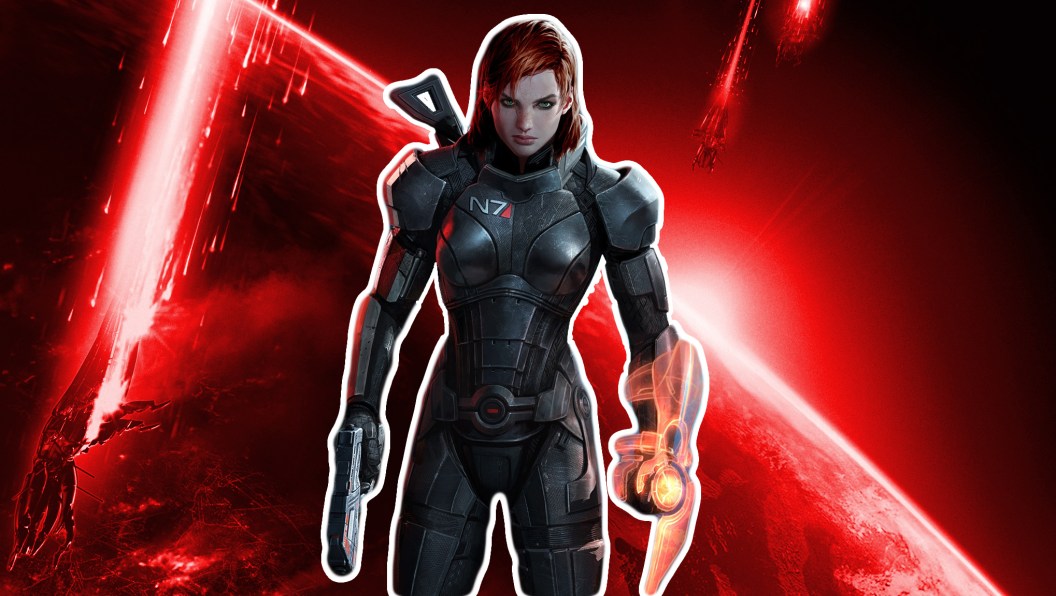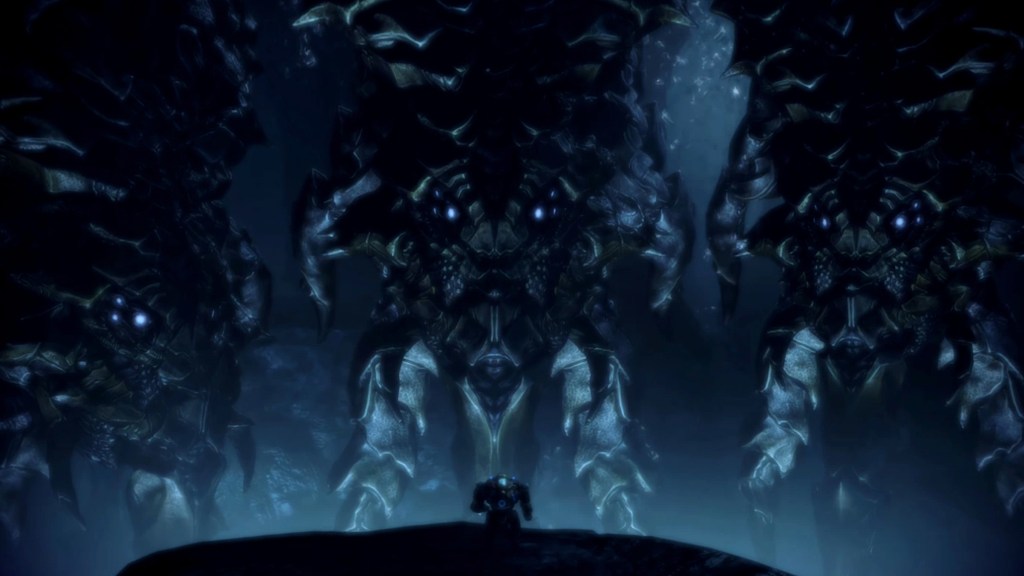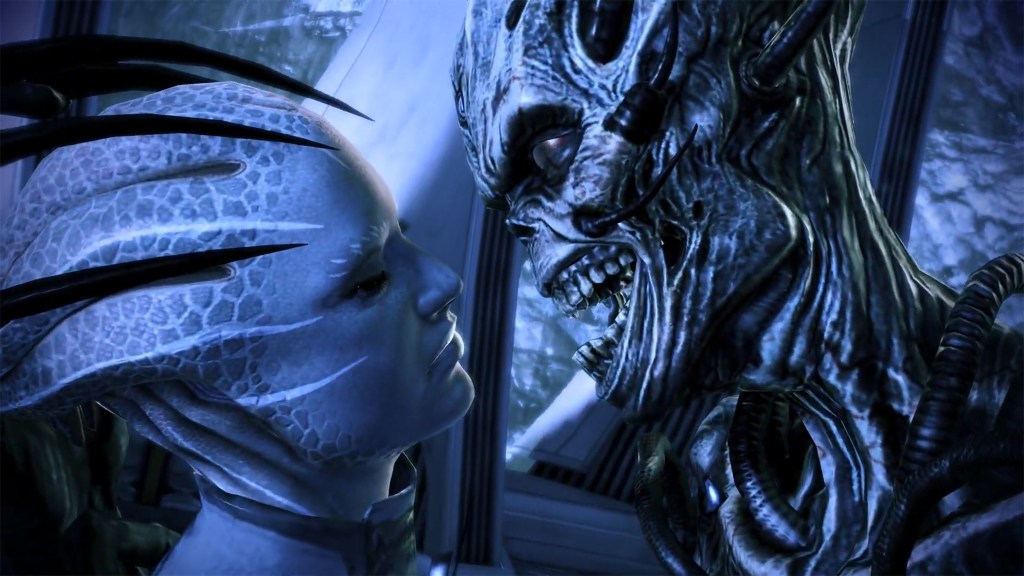
Mass Effect 3 was controversial during its initial release almost exactly 13 years ago. Bitter fans brigaded developer BioWare online (and in real life), mostly focusing on the ending, to the point where the team actually released a free expansion that addressed some player concerns. That’s incredibly quaint now in 2025 when the studio only recently got it from all sides with Dragon Age: The Veilguard for a ton of legitimate and illegitimate reasons. This context of what was to come is important when remembering Mass Effect 3, as it is still a beacon of BioWare’s strengths and how often it has whiffed since.
The whirlwind around Mass Effect 3’s finale was so noisy that it drowned out almost everything else regarding the game. Many aired grievances at its color-coded finale, the disappointing stock image face reveal for one major character, and just about everything regarding the little boy from the beginning, just to name a few. With expectations this high in a series this big, there was bound to be plenty to pick apart.

RELATED: Exodus Could Be the Mass Effect Competitor Fans Have Been Waiting For
However, that’s not the full picture, as Mass Effect 3 had plenty of incredible moments that are among the franchise’s best. Mordin’s heroic finale, Thane’s touching sendoff, the revelations in the Leviathan DLC, dealing with the Genophage, and managing the climax of the Geth and Quarian conflict are all unforgettable parts of an unforgettable trilogy punctuated by solid performances and writing. The final chunk may be a little inconsistent at times, but the whole game is one big ending, one full of solid payoffs. Its combat is also the best of the bunch, given its smoother controls, beefier sound effects, and expanded loadout options and moveset. All the work on the gunplay meant that it was able to have a surprisingly engaging multiplayer mode in a generation flooded with arbitrary and cynically conceived online modes.
The high highs and lower-than-normal lows still average out to a great experience that’s a far cry from what BioWare has pumped out since, aside from Dragon Age: Inquisition, which seemed to strike a similar balance to Mass Effect 3. Mass Effect: Andromeda was a misfire on almost all fronts with its annoying cast, lackluster dialogue, litany of bugs, and dull narrative. Anthem barely fared much better, as it squandered the Iron Man-esque fantasy it had behind an ill-fated live-service structure and uncharacteristically anemic story that never got its closing chapter. Dragon Age: The Veilguard was just the longest in this line of stumbles and while a considerable improvement on those last two duds, the oversanitized script is such a divergence from what gave the series its revered status. Dragon Age’s writing is a pivotal part of its success and damaging a load-bearing pillar like that is going to have massive consequences.

Mass Effect 3 is specifically important in this context because of how it was able to have part of the soul of a BioWare game before the team — much like a victim under an Ardat-Yakshi’s domination powers — became a husk of its former self. Developers have noted how hot the ending came in, but that can’t overwrite the killer lineup of DLC, mostly well-written characters, and aforementioned pivotal scenes that make up the journey those credits roll. It was clearly a rushed production and crunch was a big problem during development (and its DLC), but it has more than its share of so-called “BioWare magic.”
But BioWare’s mana pool has evidently hit critical levels because it’s obvious how different that team is now. It has been restructured, hit with layoffs, and seen key figures leave, making it the video game developer version of the Ship of Theseus. Fewer than 100 people are crafting the next Mass Effect right now, and while a smaller team might be more flexible, the announcement blog post calling it a “more agile” and “focused” group sounds like corporate speak made to justify overworking fewer people so they can do the job of a bigger team. Some studios like id Software can remake themselves without the totemic figureheads responsible for the developer’s prestige, and it’s possible here, too, but it seems like an uphill battle.
The spot where players mark the decline of BioWare is going to be different for everyone. Some may put it right after Mass Effect 2 when Dragon Age 2 launched and was considered by some to be too linear. Others may set it after Inquisition upon Andromeda’s catastrophic release. Regardless of its place, Mass Effect 3 is still full of moments that are worthy of the series’ name and the team’s pedigree. The later BioWare games make those rose-tinted glasses ever so slightly more rosy by comparison, but that doesn’t take away from how strong its best segments are.
The post Why Mass Effect 3 Is a Key Pillar in BioWare’s Lineup 13 Years Later appeared first on ComicBook.com.

